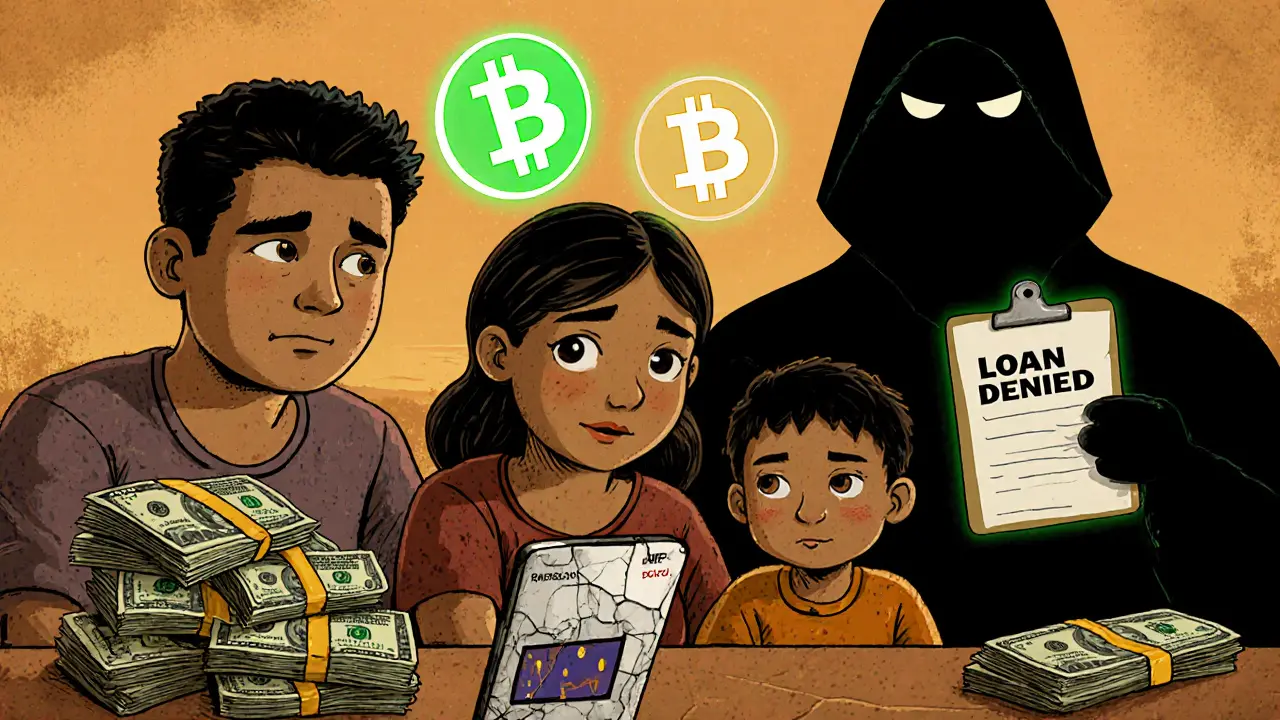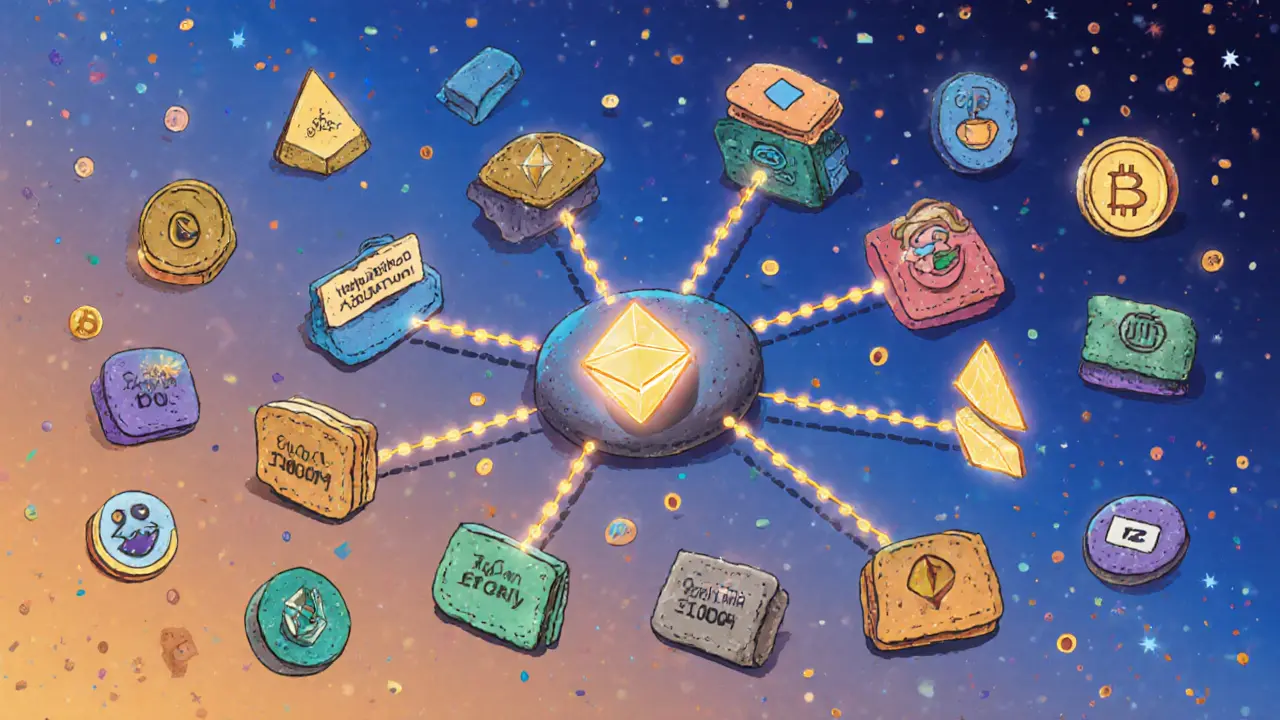Crypto Adoption: How Real People Are Using Blockchain Beyond Speculation
When we talk about crypto adoption, the real-world use of cryptocurrencies and blockchain technology by individuals, businesses, and governments. Also known as digital currency adoption, it's not just about buying Bitcoin hoping it goes up—it's about using it to send money across borders, protect income from inflation, or even power your home. Most people still think crypto is for traders or tech geeks. But look closer: in El Salvador, people use Bitcoin to pay for coffee. In Nigeria, freelancers get paid in USDT to avoid bank delays. In Angola, the government banned mining because it was stealing electricity from hospitals. That’s not speculation—that’s impact.
Crypto regulation, the rules governments create to control how digital assets are used, taxed, or seized. Also known as blockchain regulation, it’s changing fast. The U.S. seized $17 billion in Bitcoin. Portugal lets you hold crypto tax-free after a year. Russia bans unlicensed exchanges—and jails people who use them. These aren’t abstract policies. They decide whether you can send money to family, trade tokens safely, or even keep your assets if the government turns against you. And then there’s blockchain adoption, how organizations use distributed ledgers to solve real problems. Also known as enterprise blockchain, it’s not just DeFi farms or meme coins. It’s energy grids where neighbors trade solar power directly. It’s NFT tickets that stop scalpers at concerts. It’s tokenized stock like Boeing’s BAon, letting global investors trade shares without a traditional broker. These aren’t future ideas—they’re live systems right now.
What you’ll find below isn’t a list of hype. It’s a collection of real stories: the exchange that got shut down for money laundering, the airdrop that doesn’t exist, the wallet that failed millions, the mining ban that saved power for hospitals. Some posts warn you. Others show you what’s working. All of them cut through the noise. Whether you’re trying to protect your funds, understand why your country is cracking down, or just want to know what crypto actually does outside of trading apps—this is the ground truth.
El Salvador's Bitcoin Adoption Strategy: What Really Happened and Where Things Stand in 2025
El Salvador made Bitcoin legal tender in 2021 to help the unbanked and cut remittance costs. By 2025, it dropped the status under IMF pressure-but kept buying Bitcoin and building crypto infrastructure. Real adoption is quiet, private, and growing.
Active Addresses and Network Activity: What They Really Tell You About Blockchain Health
Active addresses reveal real blockchain usage by counting unique wallets involved in transactions. Learn how to interpret DAA trends, avoid common pitfalls like airdrop farming, and combine this metric with others like TVL and fees for accurate network analysis.

